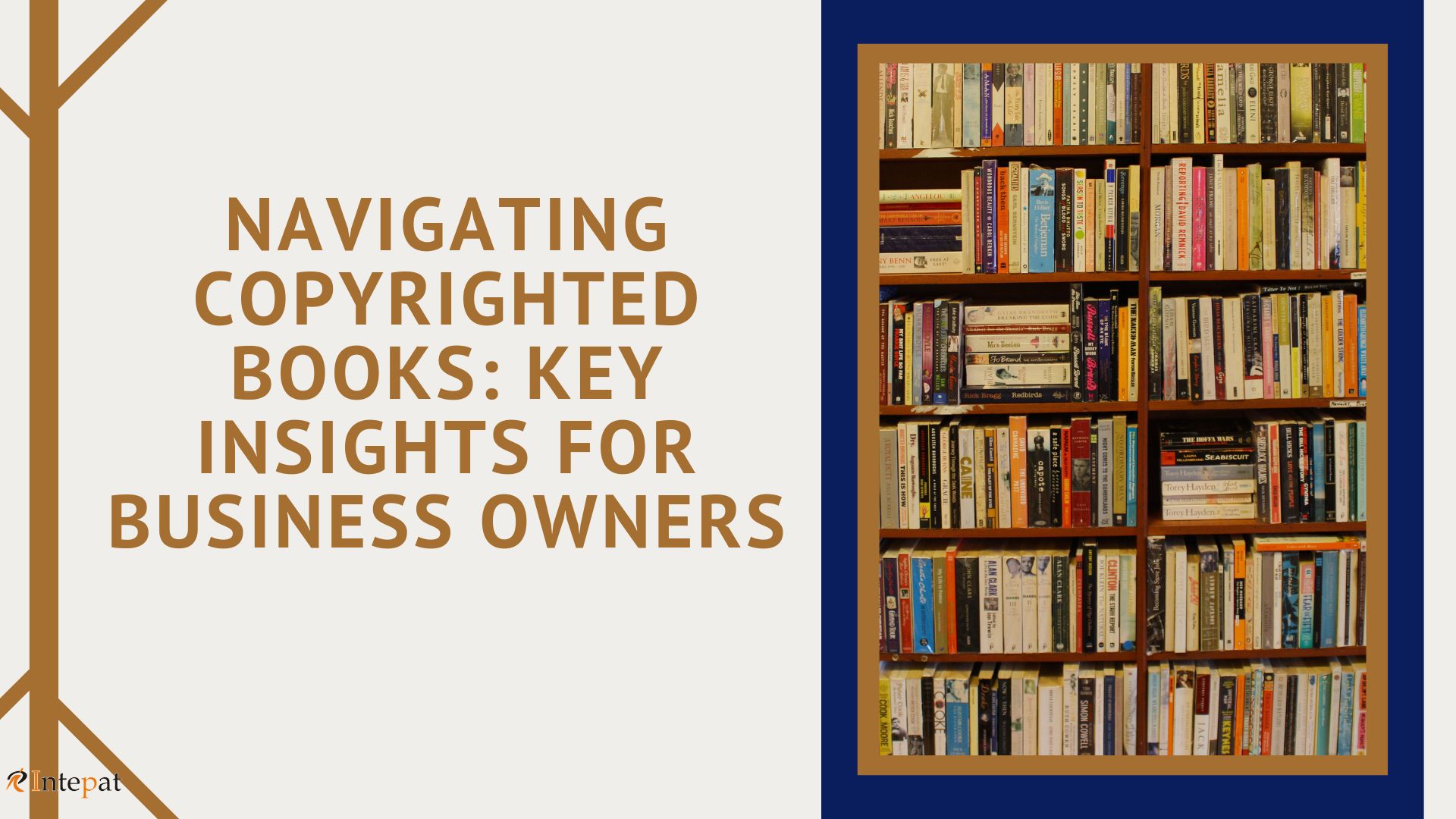In today’s world, copyright laws are essential for protecting creative works like books. For business owners, publishers, and sellers, understanding copyright can prevent legal issues and ensure fair use of content. Copyright grants the author or creator exclusive rights to use, distribute, and sell their work. This article will walk you through the key aspects of copyright in India and the essential procedures every business owner should know.
What is Copyright in Books?
Copyright in books gives the author control over how their work is used, reproduced, and distributed. When a book is copyrighted, only the copyright holder—usually the author or publisher—has rights to:
- Publish and sell the book.
- Make copies.
- Distribute or lend the book.
- Adapt the book (like creating a movie or translation).
Why Should Business Owners Care About Copyright?
If you’re a bookseller, publisher, or use book content, copyright rules impact you. Using copyrighted content without permission could lead to legal problems, such as fines or lawsuits. By understanding copyright, business owners can avoid infringement and maintain a credible business.
Key Copyright Procedures for Business Owners
- Licensing and Permissions
To legally use a copyrighted book or portions of it, permission from the copyright owner is required. This is usually done through a licensing agreement, which specifies the permitted use. For example:
- Reprinting or Quoting: To include parts of a book in a blog, brochure, or other material, you’ll need a license.
- Selling Copies: If you want to publish or sell copies of the book, royalties or licensing fees may apply.
Steps to Obtain a License:
- Identify the copyright holder, typically the author or publisher.
- Contact them directly or through licensing agencies.
- Negotiate terms and fees.
- Document the agreement in writing, specifying use, payment, and duration.
- Fair Use Exceptions
In certain cases, you might not need permission under “fair use” (fair dealing in India). Fair use allows limited use for purposes such as: Criticism or commentary, News reporting, Educational purposes (e.g., a classroom discussion).
Quick Fair Use Guidelines:
- Purpose: Non-commercial, educational, or personal uses are more likely to be fair.
- Amount Used: Small excerpts rather than entire chapters are more acceptable.
- Market Impact: If your use reduces the book’s sales, it’s less likely to be fair use.
- Public Domain Books
Once copyright expires, a book enters the public domain, allowing unrestricted use. Public domain books are valuable for businesses since they can be used freely, republished, or modified.
How to Check Public Domain Status:
- In India, books published more than 60 years after the author’s death are in the public domain.
- Resources like Project Gutenberg host many public domain books.
Benefits:
- Cost-effective for creating new content.
- Can be used without legal concerns.
- Using Excerpts or Summaries
Summarizing a book or using excerpts can be useful for reviews, marketing, or educational content. However:
- Avoid copying large sections.
- Make summaries your own interpretation and credit the author.
- Brief overviews are generally safer and less likely to infringe copyright.
- Protecting Your Own Book
- If you’ve written a book, copyright protection begins automatically when it’s in a tangible form (like a manuscript). However, registering copyright provides additional legal benefits such as legal proof of ownership, ability to sue for damages in case of infringement.
Steps to Register Copyright in India: The copyright work is registered within 12 months.
- Prepare Your Book: Make sure it’s completed and saved.
- Register on the Indian Copyright Office website.
- Fill Out the Form: Use Form XIV under the “Literary Work” category.
- Submit Your Book: Upload a digital copy (and possibly a physical copy).
- Pay the Fee: Pay online and keep your receipt.
- Wait for Examination: The Copyright Office will review and may request more details.
- Receive Your Certificate: Once approved, you’ll receive a copyright certificate.
Common Copyright Scenarios for Business Owners
- Using Book Images or Covers: To use book cover images in marketing, get permission from the publisher or use images licensed for commercial use.
- Selling Used Books: Selling used books is allowed under the “first sale” doctrine, which means ownership transfer doesn’t infringe copyright.
- Creating Audiobooks or Translations: These adaptations require permission from the copyright holder.
In conclusion, understanding copyright basics is essential for business owners working with books. Familiarity with licensing, fair use, and public domain guidelines helps prevent legal issues and fosters respect for intellectual property. This knowledge enables informed decisions, responsible content use, and a credible presence in the literary world.
Written by Sarren Muhil, an assessment intern at Intepat IP




